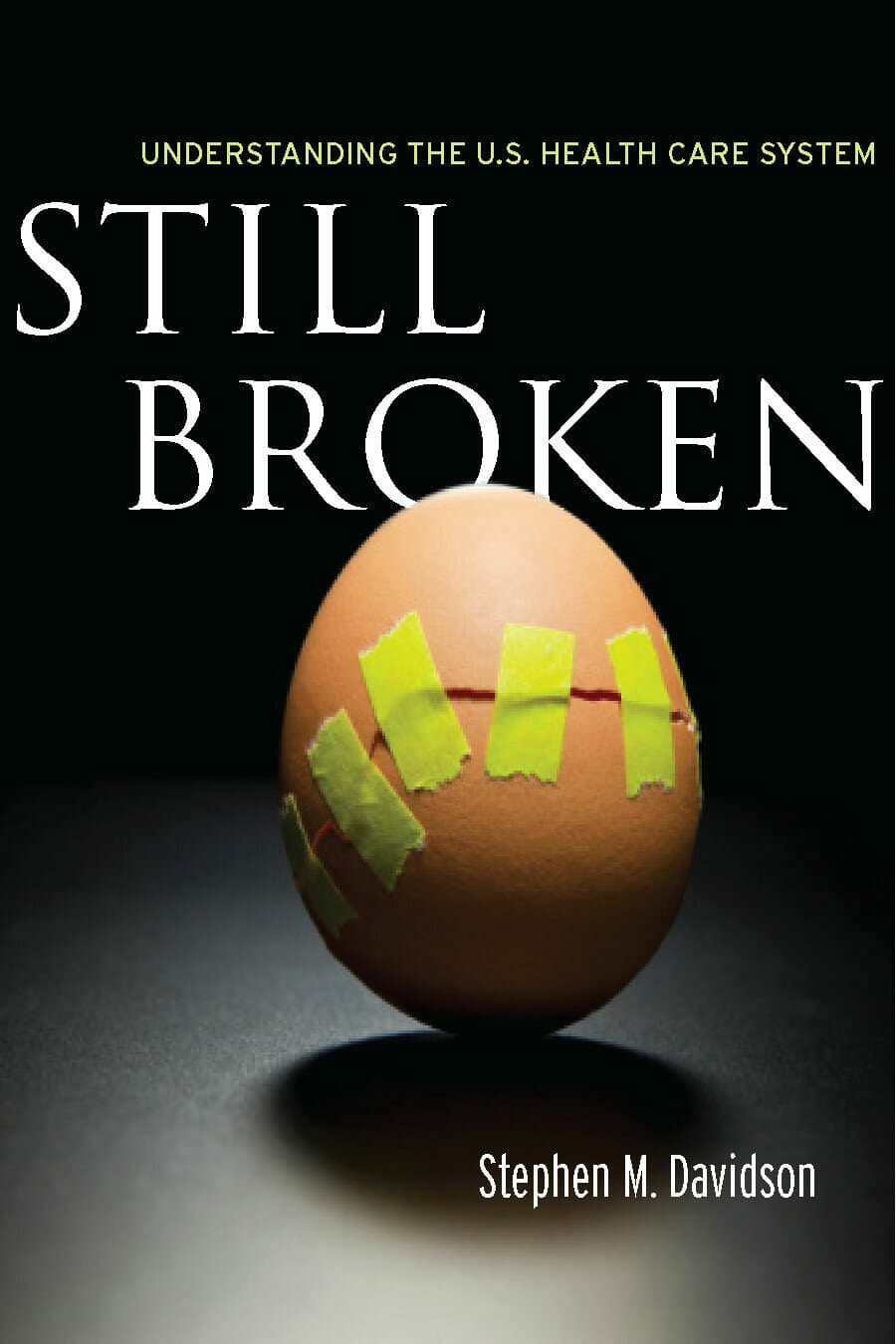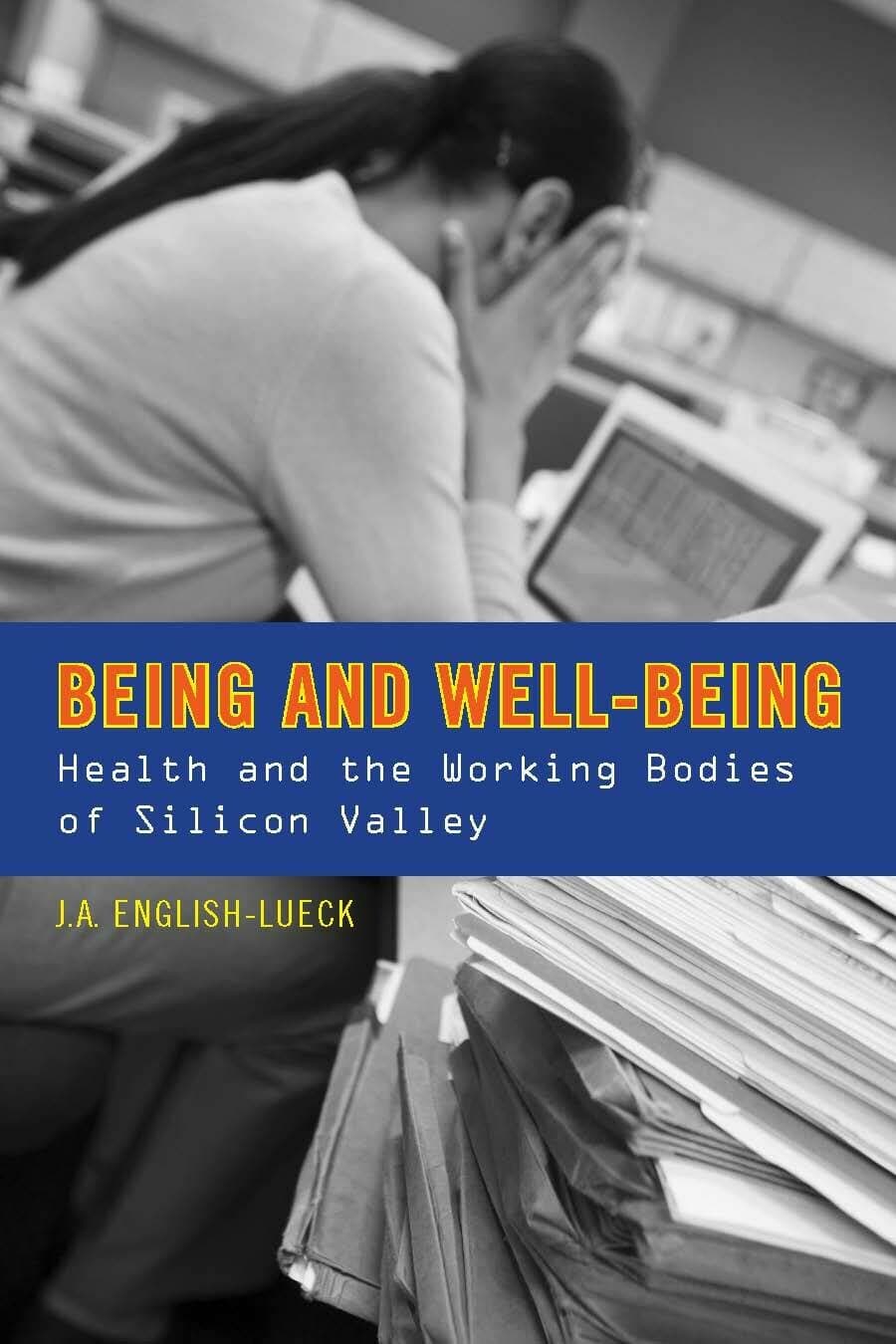Irrationality in Health Care

The health care industry in the U.S. is peculiar. We spend close to 18% of our GDP on health care, yet other countries get better results—and we don't know why. To date, we still lack widely accepted answers to simple questions, such as "Would requiring everyone to buy health insurance make us better off?" Drawing on behavioral economics as an alternative to the standard tools of health economics, author Douglas E. Hough seeks to more clearly diagnose the ills of health care today.
A behavioral perspective makes sense of key contradictions—from the seemingly irrational choices that we sometimes make as patients, to the incongruous behavior of physicians, to the morass of the long-lived debate surrounding reform. With the new health care law in effect, it is more important than ever that consumers, health care industry leaders, and the policymakers who are governing change reckon with the power and sources of our behavior when it comes to health.
"Hough explains and applies the emerging field of behavioral economics to patient and physician decision making, providing a rationale for seemingly irrational behavior, and its particular usefulness for designing health policies."—Paul J. Feldstein, University of California, Irvine
"Balancing rigor and policy relevance, Hough shows the application of behavioral economics to health policy in a most compelling way. I liked this book so much, I wish I had written it!"—Richard Scheffler, University of California, Berkeley




